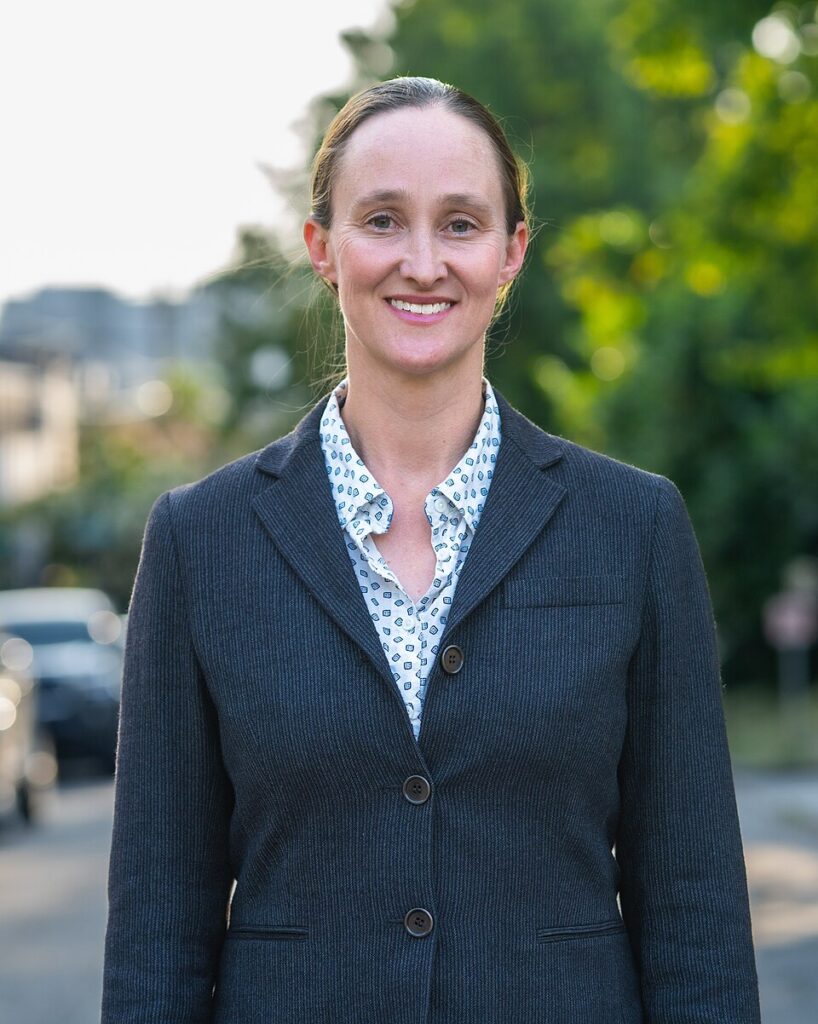Wilson’s victory illustrates how economic precarity among younger urban populations has translated into concrete political mobilisation, challenging establishment resistance to redistributive measures.

Katie Wilson, a democratic socialist and prominent activist on housing and transit policy, won Seattle’s November 2025 mayoral election, unseating incumbent Bruce Harrell. Her victory has been viewed as emblematic of growing progressive momentum in the city.
A recent article on the New York Times argued that Wilson’s campaign was catalysed by a decisive policy confrontation: the sitting mayor’s refusal to support taxing high-income residents to fund new housing initiatives. Rather than engage in a traditional campaign driven by incremental reforms, Wilson used this moment of ideological divergence to spark mobilisation. Drawing from years of experience as a community organiser, she translated grassroots dissatisfaction into a structured political demand. Her success underscores the increasing viability of activist-led politics and signals a generational realignment within the Democratic Party, where structural change is gaining traction over centrist pragmatism.
Wilson presented herself not simply as a policy reformer, but as someone directly experiencing the everyday pressures felt by younger and economically precarious urban residents. She was reported to be living in a small rented apartment, without a car, and spoke to constituencies particularly younger generations who increasingly assume that they will not achieve the economic stability of their parents. This personal narrative became part of her political message, reinforcing her critique of a system where rapid urban growth and tech-driven wealth creation have failed to translate into broader social benefit.
The campaign centred on housing affordability and redistribution, with Wilson framing the election as a contest between establishment-backed moderation and activist-led structural change.
As The New York Times notes, her rise was compared to figures such as Zohran Mamdani, reflecting a broader trend in progressive urban politics where candidates link modest personal lifestyle with transformative policy goals.
What makes Wilson’s victory particularly significant is the coalition it mobilised: a convergence of community organisers, housing advocates, and younger voters historically underrepresented in early stages of electoral cycles. Rather than positioning herself merely as an outsider, she reframed political leadership as grounded in lived experience and collective struggle. Her alignment with progressive shifts within the City Council suggests that her platform may find institutional support, opening space for more radical approaches to affordability, urban equity, and redistribution.
Ultimately, Wilson’s ascent signals an inflection point in Pacific Coast urban governance. It suggests that authenticity and proximity to lived material constraints can become electoral assets rather than liabilities, and that structural critiques of inequality increasingly resonate in cities shaped by growth without inclusion. Her mayoralty will test whether activist-driven agendas centred on redistribution can be translated from campaign narratives into durable policy transformation.
You can see the New York Times coverage here.

